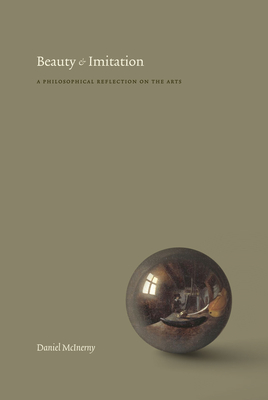
Drawing upon the thought of Aristotle and St. Thomas Aquinas, McInerny argues for the unfashionable yet philosophically compelling view that art is essentially "mimetic," imitative of human action. But what does it mean for art to imitate human action? It means that art imitates the way human beings by nature quest for fulfillment, or happiness. In questing for fulfillment, human life takes the form of a story, and so the arts--all the arts, from painting to music, from fiction to film--are storytelling arts whose beauty reveals the truth about human happiness.
The first part of the book features a renewed defense of the ancient Aristotelian claim that art is mimetic and that its imitation of the human story takes the form of a moral argument. The second part shows how audiences are transformed by the moral arguments the mimetic arts make, and the third concludes with a guided tour of the mimetic arts, where specific arts are considered in light of the Aristotelian and Thomistic principles advanced earlier.
member goods
notems store

Mandibular Suction-Effective Denture "the Professional" ...
by Abe, Jiro
Paperback /Paperback$127.40
listens & views

EL ULTIMO ROMANTICO-LA MARCHA DE ...
by EL ULTIMO ROMANTICO-LA MARCHA DE
COMPACT DISCout of stock
$13.99





